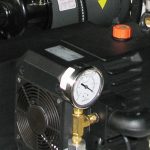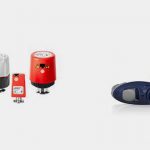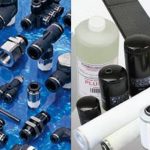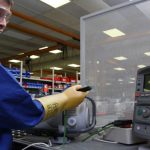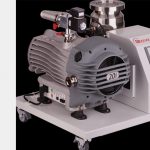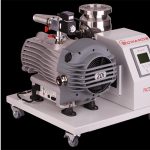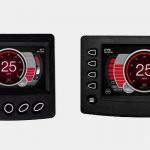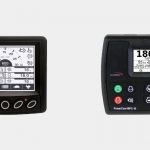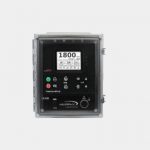Hydraulic Power Units are machines that create mechanical force using fluids. HPUs (Hydraulic Power Units) are used in any industry in which large things need to be moved smoothly — construction, theme parks, farming, commercial fishing, and dozens more.
If you’ve seen a backhoe, loader, crane, power shovel, forklift, or garbage truck, you’ve seen an HPU in action. There’s an HPU in every set of the Jaws of Life as well. And of course, every mechanic uses a powerful hydraulic lifter to pick your car up and get to its underbelly.
One of the most commonplace hydraulic power units is in your car: the braking system of every car in the world uses an HPU. When you push the brake pedal in your car, you’re pushing hydraulic fluid (in this case commonly called ‘brake fluid’ for obvious reasons) into a hydraulic cylinder, which in turn pushes a piston, generating mechanical force that moves the brake pads up against the rotor, slowing your car. That’s why keeping your brake fluid levels topped off (and your brake lines free of air bubbles) is so important to your safety.
Hydraulics is a very powerful force because of a simple law of physics: while liquid can take on the shape of any container it’s put in, it cannot be compressed. What that means in short is that liquid can transfer force perfectly through almost any number of twists, turns, and corners without needing to involve a lot of gears, levers, and other mechanical parts prone to breakdown. Instead, the hydraulic fluid moves through hoses and tubes, using hydraulic valves to ensure it takes the path you need it to take in order to perform the task at hand.
Hydraulic fluid is almost always some combination of petroleum oil, water, and antifreeze — dependent on the specific job the machine is intended to perform. A hydraulic filter keeps the fluid free of contaminants, and when unused, the fluid sits in a special container made to remove air bubbles from the fluid. Thus, the fluid remains in working order for as long as possible, and your HPU can continue functioning continuously for years with minimal maintenance.
These powerful machines are among the most versatile (and surprisingly common) of our mechanical aids. Everyone ought to know at least a little bit about the hydraulic power units that help them throughout their lives.










